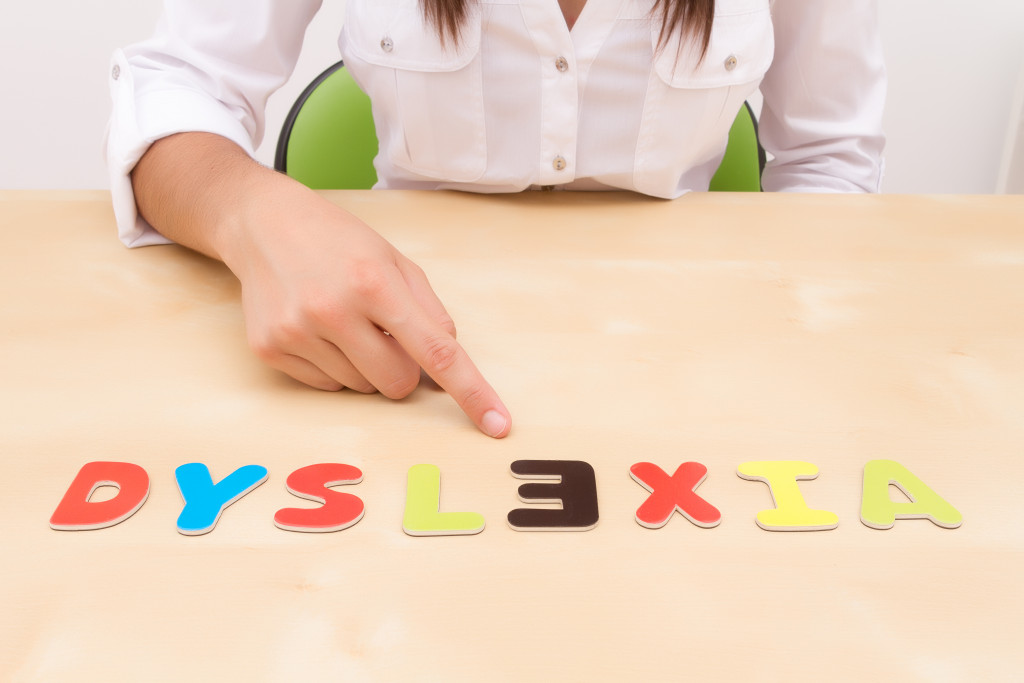As a parent, it can be challenging knowing how to best support your child if they have dyslexia. Statistics show that 1 in every 5 children or 20% is affected by dyslexia, so it’s essential to know how you can help. Many parents struggle with finding the right strategies and resources to give their children the best chance of succeeding in school and life. The good news is that with understanding and guidance, you can effectively help your child manage this learning disorder. Here are four coping strategies for parents of kids with dyslexia that can make a real difference.
Support Your Child’s Strengths
Dyslexia is not only about the difficulty in reading or writing. It’s also about the ability to think abstractly and analyze data quickly. Find out what areas your child excels in and develop a learning plan focused on their strengths rather than disabilities. This can include using books, computers, and other resources tailored to your child’s specific interests.
It is also important to provide positive reinforcement and build self-confidence in your child. Help them identify and acknowledge their strengths, allowing them to feel valued for who they are and what they can do. You can do this through positive comments about how well they understand something or by praising small successes when facing challenges. Additionally, it is important to celebrate their accomplishments and assure them that failure is just a learning experience.
Allow your child the opportunity to tap into and develop their unique talents. If there are activities or hobbies they enjoy, encourage them to explore these interests more deeply. Giving children the autonomy to choose what they want to engage in will help them to feel more confident and in control of their learning.
Use Technology
Many assistive technologies are available to help dyslexic students succeed in schools, such as voice-to-text programs and audiobooks. Speak to your child’s teacher or school counselor to find out what is available and how to access it.
If you are unsure where to start, many organizations and websites are dedicated to helping parents find the right technology for their dyslexic child. There is also a wide range of assistive software explicitly designed for dyslexic students, such as reading programs focusing on phonics and decoding skills. For instance, the Dyslexia Toolkit is a free online resource that provides parents with information, guidance, and support on various assistive technologies. Also, the Dyslexia Association of America offers a variety of online resources and services to help parents find the best technology for their children.
Regarding technology, it is essential to remember that not all students with dyslexia will benefit from every type of assistive technology. It is vital to find out what works best for your child and to provide them with the necessary support to ensure success. Every student’s needs are different, so it is crucial to speak with a specialist or educational professional who can help you find the right fit for your dyslexic student.
Break Down Tasks Into Smaller Chunks

Dyslexia can make task completion difficult for some kids, so breaking tasks down into smaller chunks can help them feel more empowered and successful in completing their work. Also, giving rewards for completed tasks helps reinforce positive behavior.
For example, if a student is tasked with completing a 1-page reading assignment, it might be best to break that down into smaller chunks. They could read one paragraph at a time and receive a reward each time they complete one. This will help keep them motivated and focused on the task at hand.
For longer tasks, such as a research paper, it is vital to break down the individual tasks into smaller manageable steps. This can include creating an outline of their ideas, writing an introduction paragraph, and then breaking up the body of their paper into different sections. You can give rewards after each task is completed or even after completing a section.
Encourage Therapy
Working with a therapist can help your child learn better methods for managing their dyslexia. A good therapist will be able to identify the best strategies for helping your child become more independent in their learning and education.
This dyslexia treatment for children can also help them develop coping strategies to manage the frustrations that sometimes arise with dyslexia. The therapist will be able to provide support and guidance to help your child build confidence in their academic skills, enabling them to reach their full potential. You as a parent must remember that proper treatment of dyslexia requires a team effort. You and your child’s therapist should work together to create an individualized plan for your child to help them overcome their challenges.
In Summary
Each child is different, and it’s important to remember that what works for one may not work for another. These four coping strategies are just the start of supporting children with dyslexia. With patience and understanding, parents can make a real difference in their children’s lives by helping them cope with their learning disorders and develop the skills they need to be successful.

